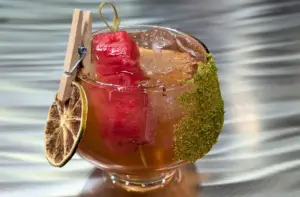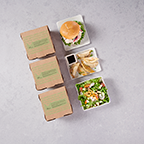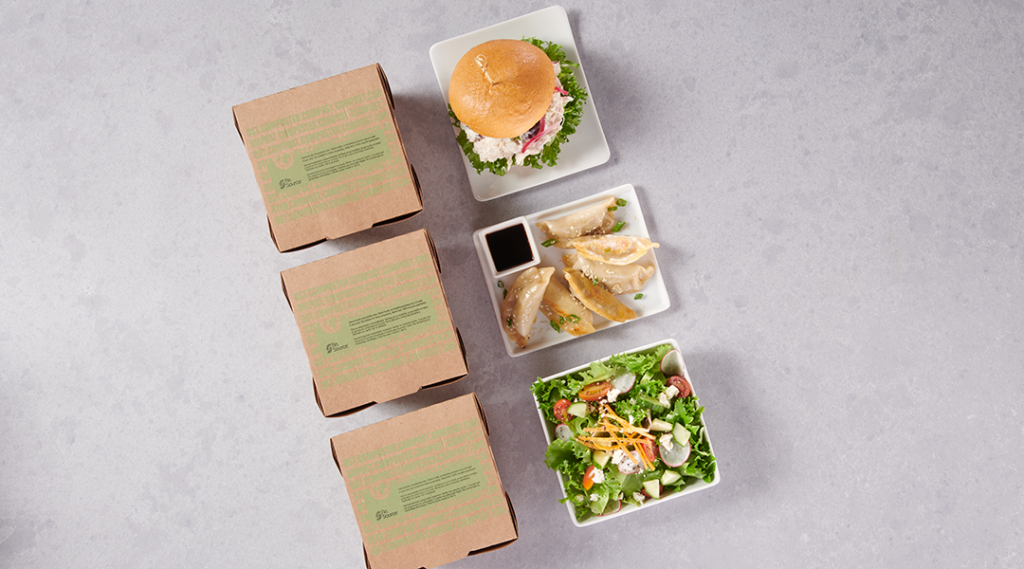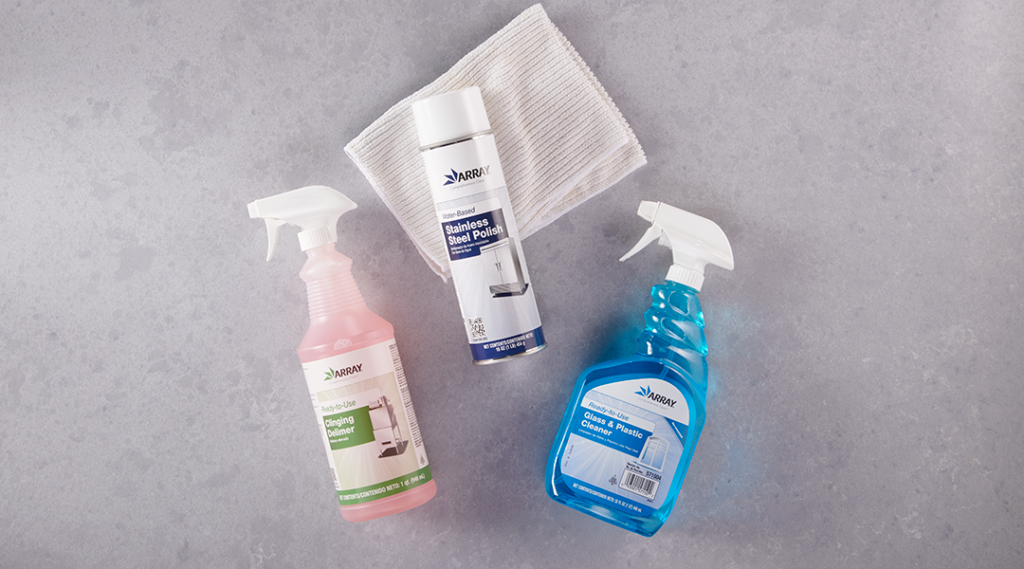Good staffing and tempting food and beverages can help avoid dehydration.
It’s difficult enough to get most people to stay hydrated. Many people live in a perpetually dehydrated state.
Dehydration can cause cognitive sluggishness and fatigue, and lead to weight loss, constipation, diarrhea, and in extreme cases, death. It can also prevent pressure injuries from healing properly.
What is a concern for the broader population can become dire for people living with cognitive decline, such as dementia. This population, often physiologically diminished to begin with, commonly have sensory and motor challenges that make proper hydration difficult. In fact, figures presented at a Royal Society of Medicine (RSM) conference in 2014 showed those with dementia were six times more likely to be dehydrated.
“Some common physical and cognitive issues create challenges for maintaining hydration for those with dementia,” says Dana Fillmore, Gordon Food Service Healthcare Segment Manager. Those issues include the inability to recognize beverages; difficulty with coordination and swallowing; the inability to recognize thirst; taste and smell changes that can affect food and beverage preferences; and just forgetting to drink.
The extent of those issues depends on the state of dementia, Fillmore says. Medications—for instance those that correct edema (swelling due to fluid accumulation)—are diuretics and exacerbate dehydration and increase the need for fluids, she adds.
Late in 2016, Fillmore conducted a presentation and asked Gordon Food Service healthcare customers to brainstorm ideas for hydration. The group’s ideas fall into two basic categories—at meals and between meals. The recurring theme: More is always better, and staff plays a crucial role in persuading residents to consume hydrating foods and beverages.
Mealtime hydration
Mealtimes present a good opportunity, three times a day, to make sure residents are consuming enough liquids. Most residents are in one place, and staff can circulate the room to provide beverages and offer assistance in serving and consuming them.
- Meals should include hydrating foods such as soups, puddings and applesauce. These foods are a good way to increase fluid intake without residents having to drink a beverage. Remember to follow individualized dysphagia guidelines.
- Staff the dining room adequately during meal times, as staffers can circulate among residents to make sure they’re taking in fluids. Staff can also assist residents as needed.
- Set the table with attractive pitchers of water; staff can help residents pour glasses of water.
- Wheel a beverage cart around the dining room during meals. That form of presentation might whet residents’ appetite for a hydrating beverage. Variety helps, as well—fruit juices and smoothies, in addition to water, do double duty because they contain calories as well as fluids.
Between-meal hydration
The course of the day also offers ample opportunity to persuade residents to drink up. Among the options:
- Offer residents a beverage at the start of every scheduled activity. Offering food along with the beverages can encourage drinking while adding more calories to residents’ diets.
- Plan activities around beverages, including tea parties, lemonade parties in warm weather, hot-chocolate get-togethers when cool weather prevails and ice cream and/or popsicle socials.
- Open hydration stations around the building during the day. Large pitchers of fruit- and herb-infused water are inviting and attractive. Make sure staff follows proper food-safety procedures in preparing and serving those beverages. Procedures sould include proper handling of ice and regularly refreshing both the water and the infusing ingredients.
- Circulate mobile beverage and ice-cream carts around the building during the day.
- Make sure nursing stations are adequately stocked with hydrating liquids.
- Ask nursing staff to offer guests beverages during the day and at night, if residents are awake.
Overall, then, the message is clear. Suggest and offer liquids and hydrating foods to memory care residents whenever possible. Help them consume these foods, if they need help. Whatever extra time and care it takes is worth it in order to help avoid the devastating effects of dehydration.
Signs of dehydration
Signs of dehydration are subtle even in healthy people. In those with dementia or diminished health, the signs of dehydration can be even more difficult to spot. According to the Cleveland Clinic, here are the major signs of dehydration:
- Fatigue.
- Loss of appetite.
- Flushed skin.
- Intolerance of heat.
- Lightheadedness.
- Dark-coloured urine.
- A dry cough.
Left unchecked, dehydration can cause urinary tract infections, skin breakdown, confusion, fatigue and even death. The lesson: The best time to hydrate is well before these signs appear.
Beyond food and drink
In addition to offering hydrating fluids and foods, caregivers can use additional methods to help memory care residents stay hydrated, says Amy Gautraud, Gordon Food Service Nutrition Resource Center Manager. Among those options:
- Adaptive equipment, including two-handled mugs, sippy cups, cups with the area for the nose cut out and lengthened straws. Coordination difficulty is an issue with many memory care residents and these items help residents consume liquids more efficiently.
- Talk to residents. Work with them to understand their preferences and needs during mealtime.
Why memory care residents don’t drink
Several cognitive and physical challenges can prevent those with dementia from drinking and eating enough fluid-containing foods, says Fillmore. Among the reasons:
- They are unable to recognize beverages.
- Their senses have diminished to the point where they do cannot detect their own thirst.
- Taste and smell changes have changed their preferences in food and drink.
- Their coordination has declined to the point where they are physically unable to use a normal glass or cup.
- They are unable to swallow or swallow safely.
- They just plain forget to drink.
As a result, staff assistance in reminding memory care residents to drink and offering help where needed, can be crucial in keeping this population well hydrated.

























